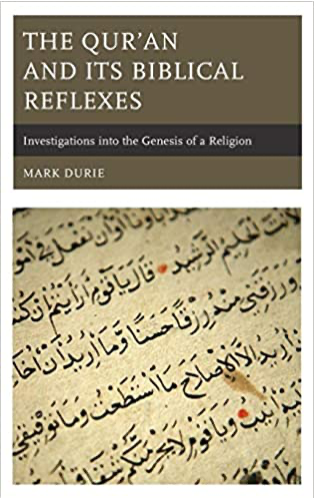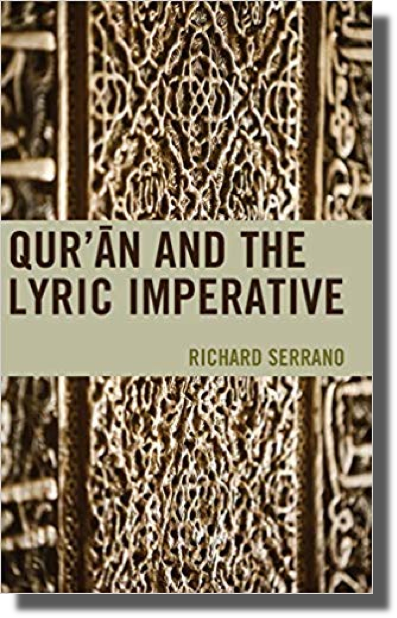Review of Qur’anic Research, Vol. 6 no. 4 (2020)

In the latest installment of the Review of Qur’anic Research (Vol. 6, no.4), David Marshall (The World Council of Churches) reviews Mark Durie’s The Qur’an and Its Biblical Reflexes (Lanham, MD: Lexington Books, 2018).
 In his review, Marshall writes “Mark Durie’s ‘The Qur’an and Its Biblical Reflexes’ is a highly original work and a substantial contribution to the field of Qurʾānic Studies. He engages with a great deal of secondary literature, but his study is also based on extensive direct reading of the text of the Qurʾān itself, so there is nothing second-hand about his approach. He presses everything he uses into the service of a very distinctive argument, so that what he says of the Qurʾān could also be said of his own work: it marches to the beat of its own drum. Durie writes clearly and engagingly, regularly re-stating his aims and recapitulating his developing argument…”
In his review, Marshall writes “Mark Durie’s ‘The Qur’an and Its Biblical Reflexes’ is a highly original work and a substantial contribution to the field of Qurʾānic Studies. He engages with a great deal of secondary literature, but his study is also based on extensive direct reading of the text of the Qurʾān itself, so there is nothing second-hand about his approach. He presses everything he uses into the service of a very distinctive argument, so that what he says of the Qurʾān could also be said of his own work: it marches to the beat of its own drum. Durie writes clearly and engagingly, regularly re-stating his aims and recapitulating his developing argument…”
Want to read more? For full access to the Review of Qur’anic Research (RQR), members can log in HERE. Not an IQSA member? Join today to enjoy RQR and additional member benefits!
© International Qur’anic Studies Association, 2020. All rights reserved.



